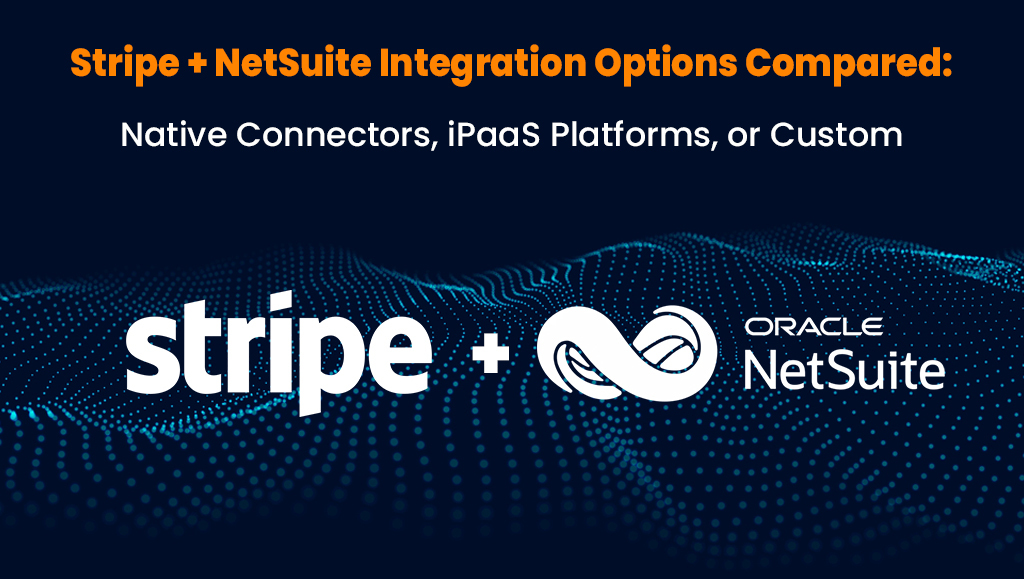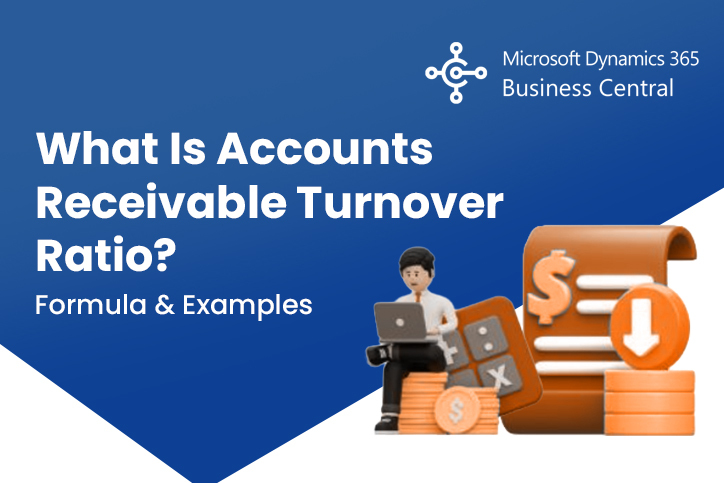Integrating Oracle with Existing Systems: Ensuring Seamless ...
Oracle integration with existing systems has emerged as a crucial aspect for businesses to thrive in the digital age. You may be wondering, what exactly is Oracle integration? In simple terms, Oracle ...
NetSuite
- 10-26-2023
- 543 Reads
- 5 min read




